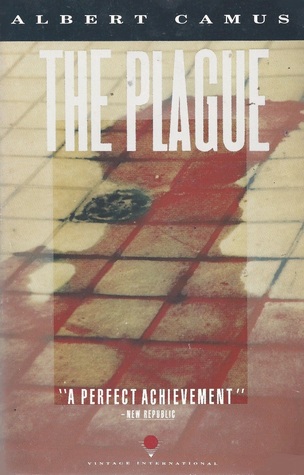About
Albert Camus was born on November 7, 1913, in Mondavi, French Algeria. His pied-noir family had little money. Camus's father died in combat during World War I, after which Camus lived with his mother, who was partially deaf, in a low-income section of Algiers.
Camus did well in school and was admitted to the University of Algiers, where he studied philosophy and played goalie for the soccer team. He quit the team following a bout of tuberculosis in 1930, thereafter focusing on academic study. By 1936, he had obtained undergraduate and graduate degrees in philosophy. The dominant philosophical contribution of Camus's work is absurdism. While he is often associated with existentialism, he rejected the label, expressing surprise that he would be viewed as a philosophical ally of Sartre. Elements of absurdism and existentialism are present in Camus's most celebrated writing. The Myth of Sisyphus (1942) elucidates his theory of the absurd most directly. The protagonists of The Stranger (1942) and The Plague (1947) must also confront the absurdity of social and cultural orthodoxies, with dire results.
As an Algerian, Camus brought a fresh, outsider perspective to French literature of the period—related to but distinct from the metropolitan literature of Paris. In addition to novels, he wrote and adapted plays, and was active in the theater during the 1940s and '50s. His later literary works include The Fall (1956) and Exile and the Kingdom (1957).
Albert Camus was awarded the Nobel Prize for Literature in 1957. He died on January 4, 1960, in Burgundy, France.
Camus did well in school and was admitted to the University of Algiers, where he studied philosophy and played goalie for the soccer team. He quit the team following a bout of tuberculosis in 1930, thereafter focusing on academic study. By 1936, he had obtained undergraduate and graduate degrees in philosophy. The dominant philosophical contribution of Camus's work is absurdism. While he is often associated with existentialism, he rejected the label, expressing surprise that he would be viewed as a philosophical ally of Sartre. Elements of absurdism and existentialism are present in Camus's most celebrated writing. The Myth of Sisyphus (1942) elucidates his theory of the absurd most directly. The protagonists of The Stranger (1942) and The Plague (1947) must also confront the absurdity of social and cultural orthodoxies, with dire results.
As an Algerian, Camus brought a fresh, outsider perspective to French literature of the period—related to but distinct from the metropolitan literature of Paris. In addition to novels, he wrote and adapted plays, and was active in the theater during the 1940s and '50s. His later literary works include The Fall (1956) and Exile and the Kingdom (1957).
Albert Camus was awarded the Nobel Prize for Literature in 1957. He died on January 4, 1960, in Burgundy, France.












